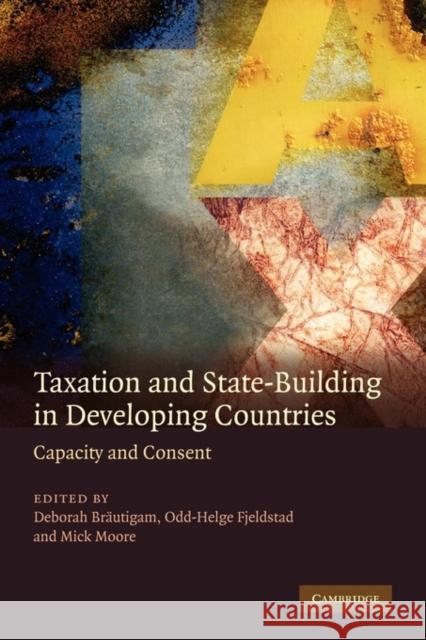Taxation and State-Building in Developing Countries: Capacity and Consent » książka
topmenu
Taxation and State-Building in Developing Countries: Capacity and Consent
ISBN-13: 9780521716192 / Angielski / Miękka / 2008 / 308 str.
Taxation and State-Building in Developing Countries: Capacity and Consent
ISBN-13: 9780521716192 / Angielski / Miękka / 2008 / 308 str.
cena 154,48
(netto: 147,12 VAT: 5%)
Najniższa cena z 30 dni: 151,07
(netto: 147,12 VAT: 5%)
Najniższa cena z 30 dni: 151,07
Termin realizacji zamówienia:
ok. 16-18 dni roboczych.
ok. 16-18 dni roboczych.
Darmowa dostawa!
Explains why taxation is a vital topic in explaining weak government in the poorer world.











